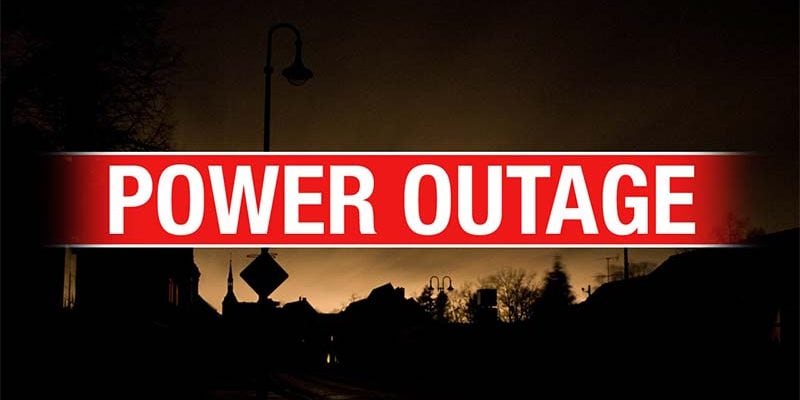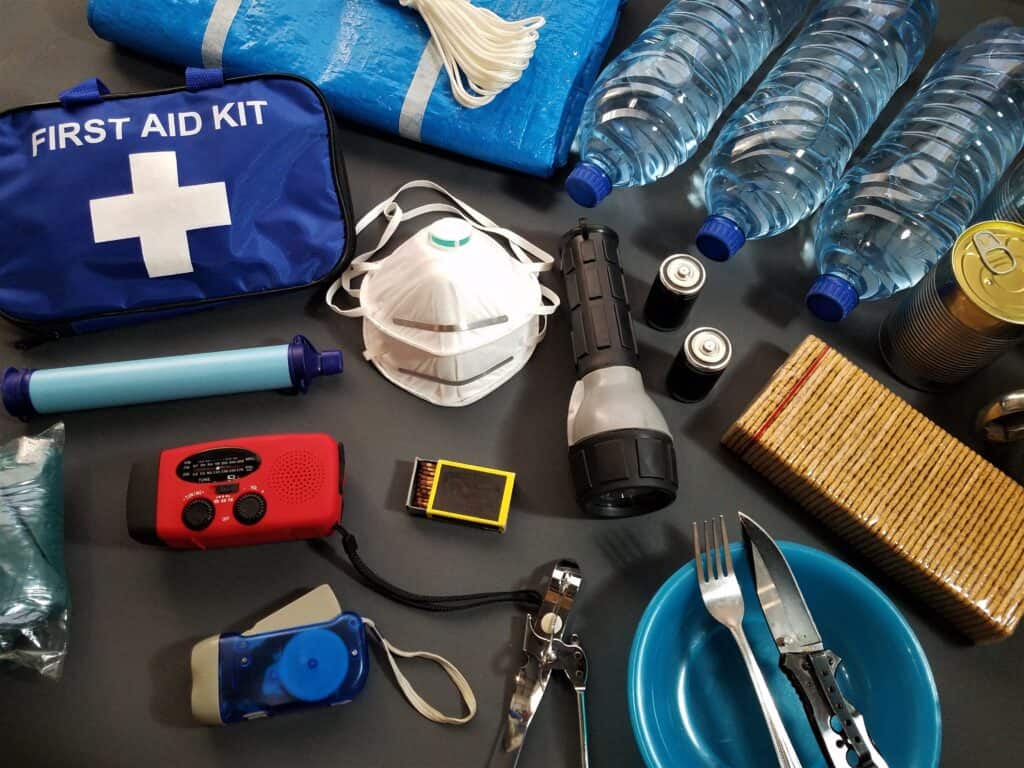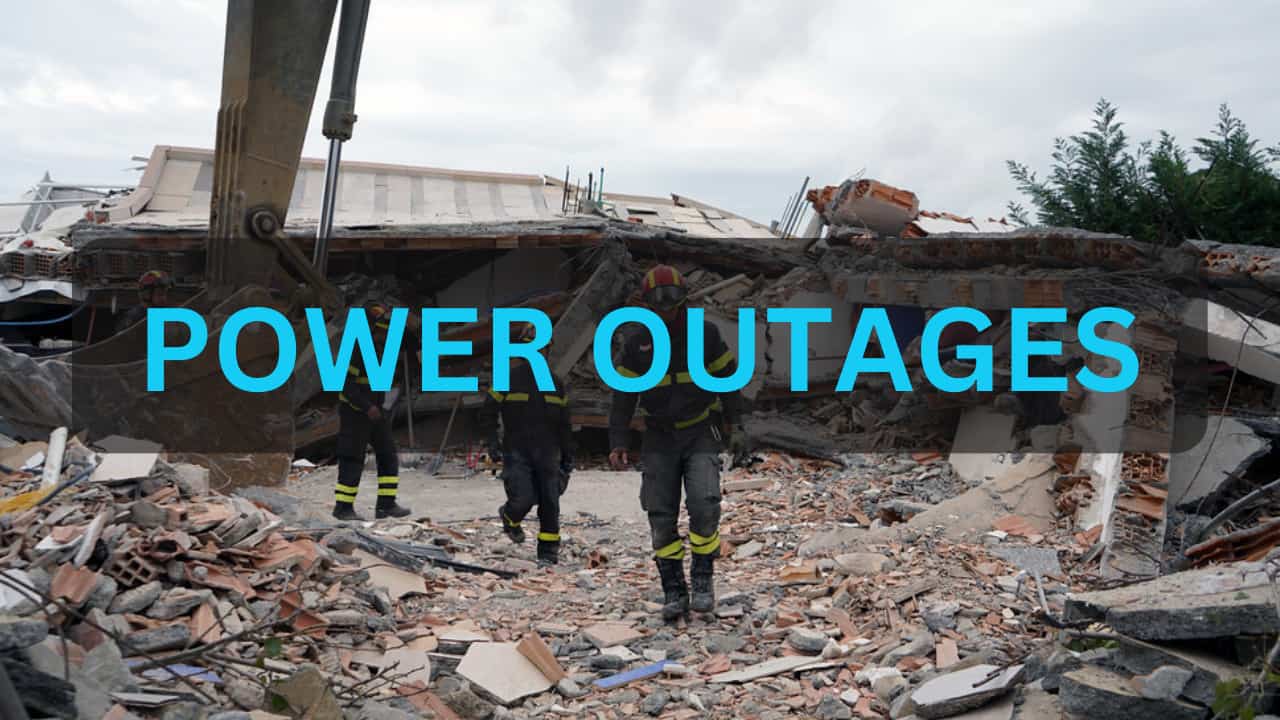Hey there! It’s important to be ready for anything life throws at us, including power outages and blackouts. You might wonder, “Why should I bother preparing for something that doesn’t happen often?” Well, let me tell you, the impact of power disruptions on daily life and safety can be significant. So, let’s dive in and learn all about staying prepared!

Importance of Being Prepared for Power Outages and Blackouts
Power outages can strike unexpectedly, leaving us without electricity for hours or even days. This disruption can have a massive impact on our lives. Think about it: no lights, no appliances, no internet, and limited communication. Having a blackout preparedness plan can make all the difference in these situations, ensuring you and your loved ones stay safe and comfortable during challenging times.
Impact of Power Disruptions on Daily Life and Safety
During a power outage, everyday activities become challenging. Cooking becomes difficult without a functional stove or microwave, and food stored in the fridge might spoil. Moreover, disruptions in communication systems can hamper emergency response times, making it crucial for you to be self-reliant until help arrives. In severe cases, blackouts can also pose health risks, especially in extreme weather conditions.
Understanding Power Outages
Definition of Power Outages and Blackouts
Power outages occur when the supply of electricity is interrupted, leaving buildings and communities without electricity. Blackouts are essentially prolonged power outages, often affecting large areas due to significant disruptions in power supply.
Common Causes of Power Disruptions
Power outages can be caused by various factors, including natural disasters like storms, hurricanes, earthquakes, and wildfires. Additionally, infrastructure issues such as damaged power lines or equipment failures can lead to blackouts. It’s crucial to understand these causes to better prepare for potential power disruptions in your area.
Frequency and Duration of Power Outages in Different Regions
The frequency and duration of power outages vary based on your geographical location and local infrastructure. Some regions may experience more frequent blackouts due to specific weather patterns or aging power grids. Being aware of the historical data for your area can help you gauge the level of preparedness required.
Assessing Your Risk
Identifying Factors That Could Increase the Risk of Power Outages in Your Area
Start by identifying factors that might increase the likelihood of power disruptions in your region. For instance, if you live in an area prone to hurricanes, storms, or severe winters, you are at a higher risk of experiencing blackouts. Understanding these risk factors will help you tailor your preparedness efforts.
Understanding the Potential Consequences of Prolonged Blackouts
Prolonged blackouts can have severe consequences, including disruptions in essential services, communication, and transportation. Without power, accessing medical care, groceries, or emergency services may become challenging. It’s essential to be aware of the potential impact to stay well-prepared.
Evaluating the Vulnerability of Your Home and Community
Assess your home’s vulnerability to power outages. Are there old or weak power lines in your area? Are there backup power options available nearby? Evaluate your community’s preparedness and explore mutual aid networks to ensure a collective approach to tackling blackouts.
Creating a Power Outage Preparedness Plan
Developing a Comprehensive Emergency Plan for Power Outages
Creating a detailed emergency plan is key to staying safe during power outages. Outline evacuation routes, identify safe spaces in your home, and ensure every family member knows what to do in case of a blackout.
Establishing Communication Strategies with Family and Neighbors
Communication is vital during emergencies. Set up a communication plan with your family members, so everyone knows where to reach each other if separated during a blackout. Additionally, establish contact with neighbors to support each other during challenging times. Detailed article about one of the Amateur Radio’s I recommend for Emergency Communications Strategies.
Designating Meeting Points and Emergency Contacts
Choose specific meeting points for your family in case of evacuation, and make sure everyone has a list of emergency contacts. This will ensure that you can quickly connect with loved ones even if cell towers are affected during the power outage.
Building an Emergency Kit

Essential Items to Include in Your Blackout Preparedness Kit
Create a well-stocked emergency kit with essential items like flashlights, batteries, a battery-powered radio, first aid supplies, and a multi-tool. Also, don’t forget to include important documents and cash.
Stocking Up on Food, Water, and Necessary Supplies
During a power outage, access to food and water can be limited. Stock up on non-perishable food items, bottled water, and hygiene supplies to sustain yourself and your family during an extended blackout.
Choosing Appropriate Lighting and Power Sources
Having reliable lighting and power sources is crucial during a power outage. Invest in quality flashlights, battery-operated lanterns, and candles (with proper safety precautions). Consider a generator or uninterruptible power supply (UPS) for critical electrical devices.
Protecting Your Home and Electronics
Safeguarding Electronic Devices and Appliances from Power Surges
Power surges can occur when the electricity is restored after an outage. Protect sensitive electronic devices by using surge protectors to prevent damage.
Installing Backup Power Solutions like Surge Protectors and Uninterruptible Power Supplies (UPS)
Investing in surge protectors and UPS systems can safeguard your electronics from damage and ensure you have power for essential devices during short outages.
Tips for Protecting Your Home Against Potential Damages During Blackouts
Securing your home against potential damages during a power outage is essential. Trim overhanging branches, secure loose objects, and reinforce doors and windows to minimize the impact of severe weather.
Ensuring Personal Safety
Staying Safe Indoors and Outdoors During Power Outages
Inside, use flashlights instead of candles to prevent fire hazards, and avoid using generators indoors due to carbon monoxide risks. Outdoors, exercise caution, especially in low visibility conditions.
Precautions for Avoiding Accidents and Injuries in the Dark
Familiarize yourself with your surroundings, especially the location of emergency exits and potential hazards, to avoid accidents during blackouts.
Dealing with Extreme Weather Conditions During Blackouts
Extreme weather can accompany power outages. Prepare for cold weather with warm clothing, blankets, and consider having a backup heating source if necessary.
Long-Term Preparedness Strategies
Exploring Renewable Energy Options for Sustained Power Supply
Consider renewable energy sources like solar panels or wind turbines to reduce dependence on the grid and ensure a sustained power supply during prolonged blackouts.
Developing Self-Sufficiency Skills for Extended Power Disruptions
Learn self-sufficiency skills like water purification, food preservation, and basic first aid to thrive during extended power outages.
Connecting with Local Community Initiatives for Mutual Aid and Support
Join local community initiatives or neighborhood watch programs to foster mutual aid during emergencies. A supportive community can significantly enhance resilience during blackouts.
Conclusion
Being prepared for power outages and blackouts is essential to safeguard your well-being during emergencies. Remember, having a plan, a well-stocked emergency kit, and knowing how to protect your home and loved ones can make all the difference. So, take action now and create your personalized preparedness plan.
FAQ
Q: How long do power outages usually last?
A: The duration of power outages varies, depending on the cause and the response time of utility companies. While some outages can be brief (a few minutes to a couple of hours), others might extend for days, especially in the aftermath of severe natural disasters.
Q: Can I use candles during a power outage?
A: While candles can provide light during a blackout, it’s essential to use them with caution. Opt for flashlights when possible to minimize the risk of fire accidents. And some battery-operated lanterns.
Q: Is it necessary to have a generator?
A: While not essential, a generator can be highly beneficial during prolonged power outages, especially if you rely on medical equipment or have specific power needs.
Remember, power outages and blackouts can happen to anyone, so it’s best to be prepared. Stay informed, stay safe, and stay ready for whatever comes your way!

